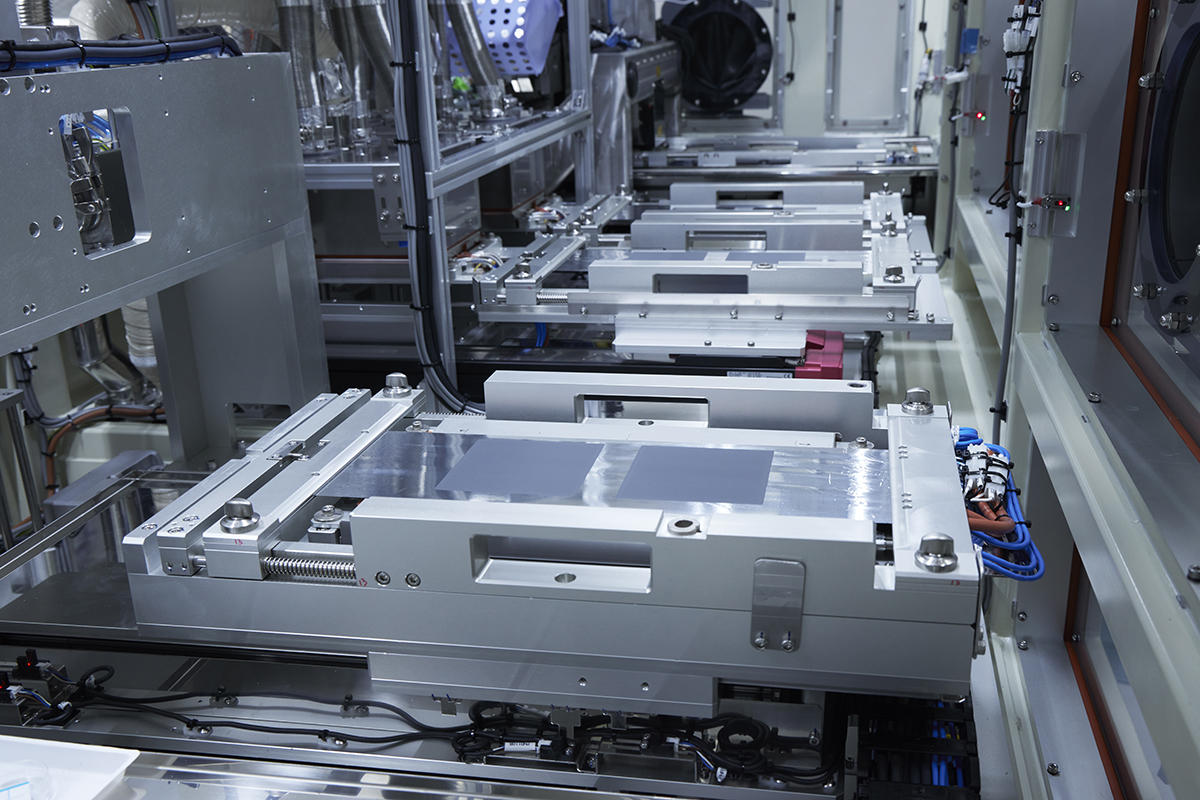In an official statement, Nissan says the new technology is expected to be a major game-changer for accelerating the popularity of electric vehicles in the near future. Unlike those based on lithium-ion, all-solid-state batteries are claimed to charge more quickly, hold more power, and even last longer – in theory, at least. The automaker added that solid-state technology could reduce the price of battery packs to US$75 per kWh by 2028, and eventually down to US$65. This in turn will help make EVs more affordable in the long run, putting them at the same price-point as current fossil fuel-powered cars. In the same statement, the company also revealed that it plans to establish a pilot production line at the aforementioned factory in fiscal 2024, with materials, design and manufacturing processes for prototype production on the line to be studied at its manufacturing facility. “The knowledge gained from our experience supports the development of all-solid-state batteries and we’ve accumulated important elemental technologies,” said Nissan R&D executive vice president Kunio Nakaguro. “Going forward, our R&D and manufacturing divisions will continue to work together to utilise this prototype production facility and accelerate the practical application of all-solid-state batteries.” In line with its goal of launching 15 new EVs by 2030, Nissan expects to rely on the new technology to power a wide range of its vehicle segments. On that note, it did not reveal what type of EV it is planning to debut together with its all-solid-state battery in 2028. (Source: Nissan [official website])
